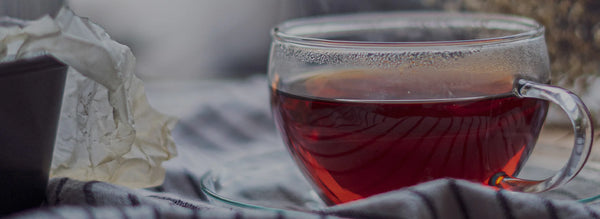Durga Puja in the Tea Estates
Durga Puja in the Tea Estates
Durga Puja is an annual festival in the Hindu calendar and is celebrated in the month of September or October every year. All tea estates in Dooars and Darjeeling celebrate this festival with zeal and fervour.
In the state of West Bengal, Durga Puja is five days of festivity; most people save money for the entire year and spend almost all of it during this festival on clothes, food and gifts. The most important day is the Mahalaya day which is a week before the actual celebrations begin. It was this day that Durga was assigned the task of eliminating evil. In the Puja Pandals, you will see a familiar pose of Durga unleashing her wrath and outpowering Assura (the demon). It is a celebration of Good over Evil.

The schools would shut in Darjeeling for 10 days and we would be given Durga Puja holidays, it was a festive time. It was also a month away from our annual exams which were held in November. We always had mixed feelings about fun and the pressure of preparing for the exams.
I have very fond memories of Durga Puja in Sankos Tea Estate. I was all of 16 years old, a young schoolboy full of energy, ready to do anything and of course naughty and defiant. Growing up in the 80’s one was exposed to Rock Music and Michael Jackson, the thrill of listening to his song “Thriller” and “Black and White” in full volume.
Sankos Tea Estate is the last tea estate in West Bengal, it borders Bhutan on one side and is separated from Assam with the Sankos River which flows from Bhutan and eventually joins the Brahmaputra. There are three tea estates in the region, Kumargram, Newlands and Sankos so it’s called the “Corner” or “Kala Pani” as you were cornered. The nearest town where you could buy bread was Alipurduar, 70 Kms away, a one and a half hours drive if the culvert or the wooden bridge was not washed away and the nearest airport was 6 hours away.
The garden would organise Durga Puja every year. Sankos had a tradition of feeding everyone and running a non-stop kitchen during the pujas. They would get large cooking vessels from Alipurduar and maharajs to cook the food every day, the cooking would start in the early mornings, being close to Assam, the garden followed the Assam garden time which was 30 minutes before IST.
The Durga Puja would get inaugurated by the Manager of the Tea Estate, my father N K Puri was posted as the Manager in the mid-80’s. For the inauguration I remember being in corduroy jeans, hair neatly combed and being smartly dressed for the occasion. After the inauguration, my father would go to the makeshift kitchen to supervise and inspect the cooking, after inspection and serving food to the deities, the food was to be served to the public.

I remember I was wearing jeans on the day of the inauguration; I was given a huge stainless steel bucket and was asked to fill it up with “Kidchi” – A traditional rice and dal dish served with vegetables on the side. My father took me aside and told me “It is easy to eat what you want on the dining table, but it is difficult to serve food”. I want you to serve food today, like an obedient son, I picked up the bucket and went about serving food. The bucket was heavy and hot the sides of the bucket would touch and burn the skin near the ankle, on a couple of occasions the staff rushed to lift the bucket, but from the corner of my eye, I could see my father signalling to them to let me be. After serving for an hour, I was told that I could go home, I got on to my cycle and went home and washed my feet. I told my mother about what happened, she remained silent. In her own way, she made me understand the value of feeding others. In school, we would always say Grace before all our meals “Thank you Lord for what we are about to receive”. Some of my colleagues pray before eating their lunch, it reminds me of school and Durga Puja.
It was a lesson that has left an indelible mark on me, it taught me humility and respect for every human being, it was a blessing from Durga. Now I am 47, settled in Gurgaon and work with India’s largest real estate company - DLF. The tradition of serving food on Durga Puja at the local temple continues except I am joined with my son and my father stands in the corner supervising the serving and watching two generations continuing the tradition.
The labour on the garden would always come to the Bara Khoti for a traditional dance, most of the workers are “Adhivasis”, they would perform the Santhal dance and request the Manager to join them, it was an occasion where you a part of their celebrations.
The Durga Puja is also close to the end of the Autumn season. In Darjeeling, the production of tea will come to a halt by the first week of December in the higher elevation gardens and by mid of December in the lower elevation gardens. While in the Dooars gardens production will continue will the third week of December.
Well all I can say now “For what we are about to receive, may the Lord make us truly grateful”. We actually should be thanking the thousands of workers who work tirelessly to give us our cup of tea.
Author: Divya Puri, Assistant Vice President Corporate Communications, DLF Limited.












